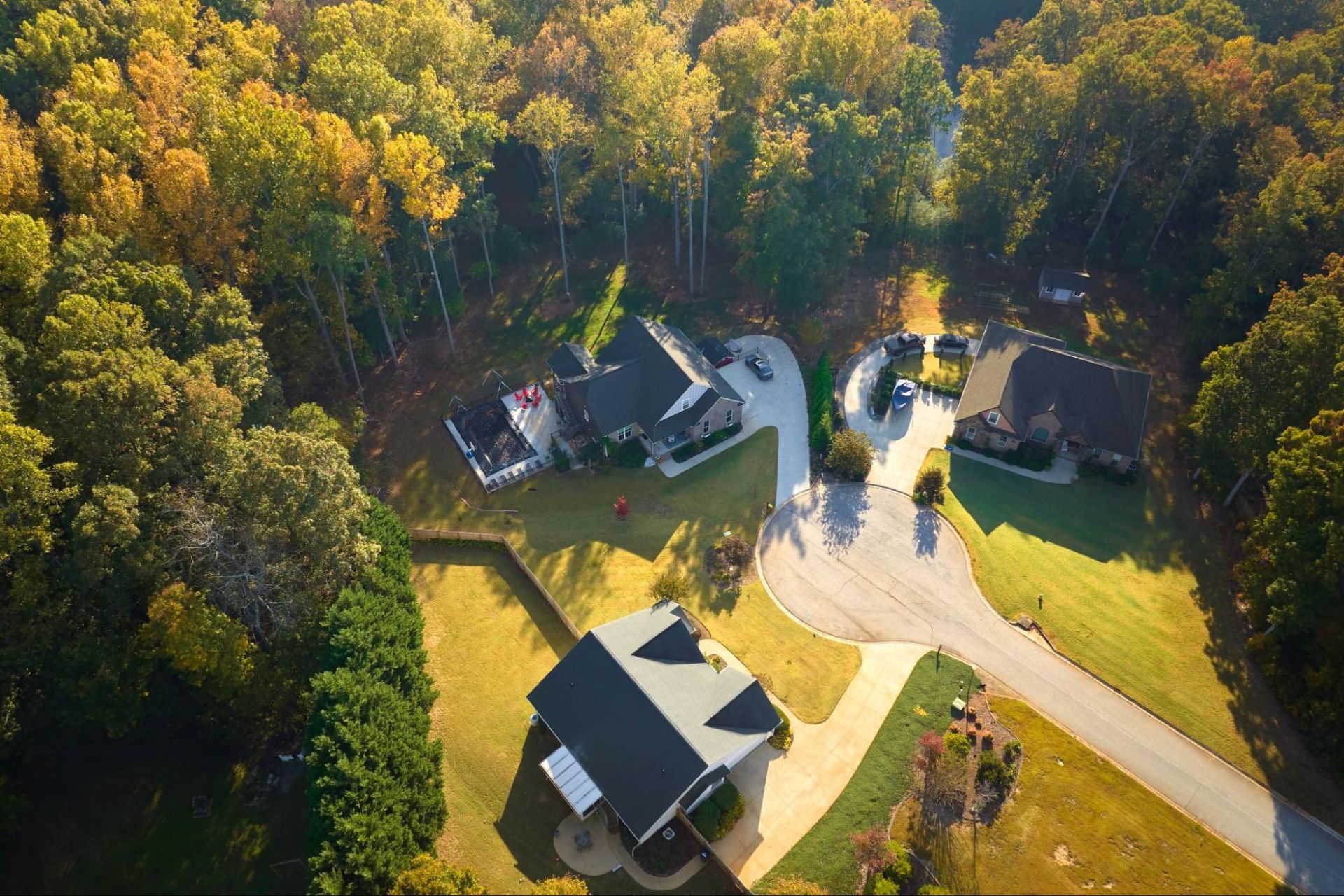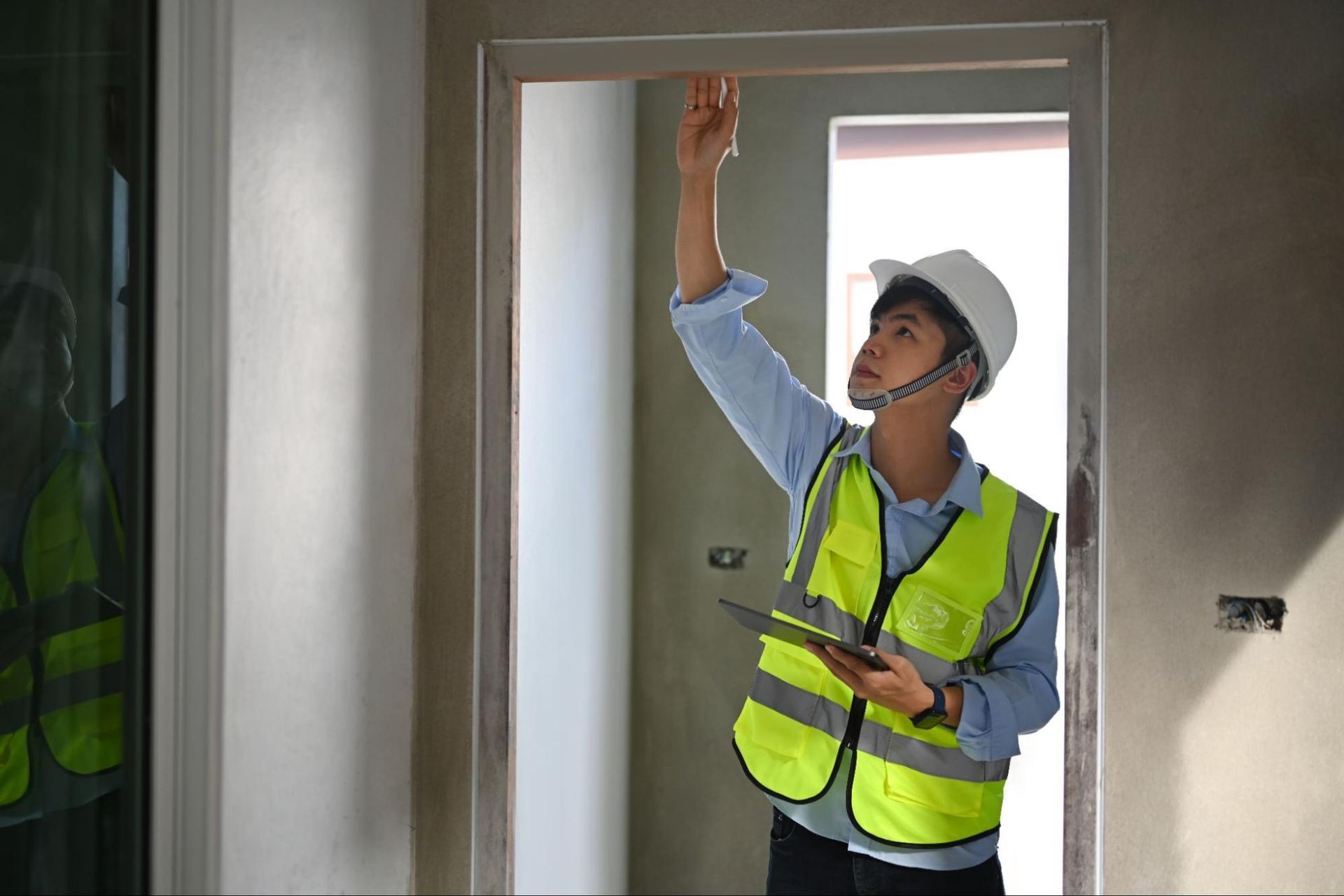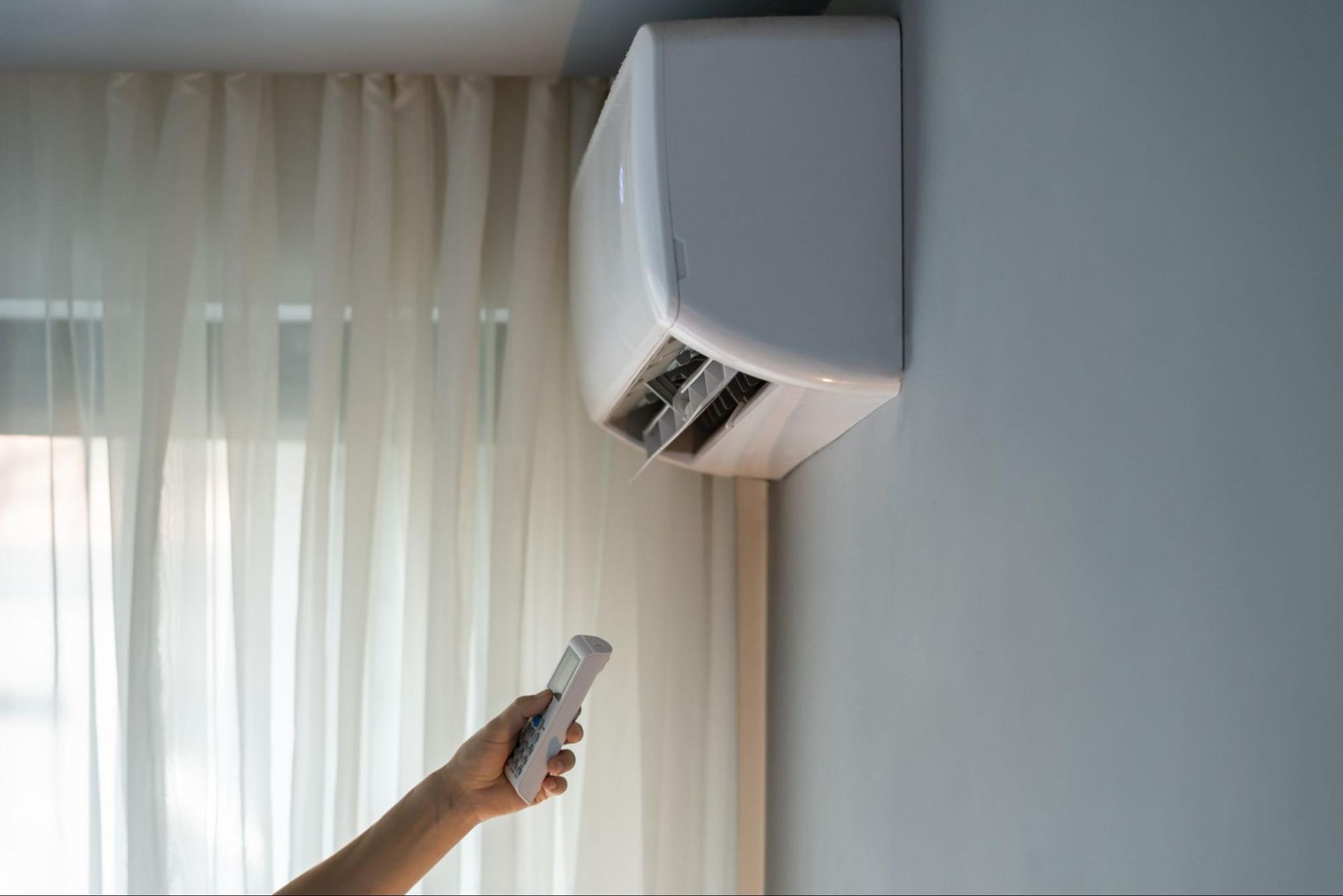How Property Maintenance Companies Are Raising the Bar
Today’s top property maintenance companies aren’t just fixing things. Instead, they’re building long-term trust through systems, documentation, and communication. With the right mix of tech and team accountability, they’re setting a new standard for reliability and service.
Summary of the Top Strategies:
- Use of job tracking and scheduling tools to boost reliability
- Quality assurance through photo documentation and checklists
- Clear, proactive communication with clients
- CRM platforms and mobile updates to reduce confusion
- Internal systems that prioritize follow-through
- Feedback loops that improve retention and satisfaction
Tech and Systems Drive Property Maintenance Success
"Multi-service property maintenance companies are integrating reliability, quality assurance, and customer communication by leveraging technology and streamlined processes. Reliability is enhanced through scheduling software and real-time tracking, ensuring timely service delivery. Quality assurance is maintained with regular training, standardized procedures, and post-service inspections to meet high standards. For customer communication, many companies use centralized platforms or apps to provide updates, gather feedback, and address concerns promptly. By combining these elements, they adapt to the diverse and evolving needs of residential and commercial clients, fostering trust and long-term relationships."

Michael Yerardi,
Turning Point Home Buyers (LinkedIn)
System-Based Reliability Sets Top Firms Apart
"Reliability doesn't come from promises—it's built through systems. Leading maintenance firms are implementing standardized workflows and scheduling tools that streamline project delivery and ensure consistency across multiple services. At our company, whether we're handling roof repair, exterior work, or insurance-based restoration, our systems keep crews aligned, timelines predictable, and clients in the loop."

Ryan Tierney,
CD Roofing & Construction Ltd. (LinkedIn)
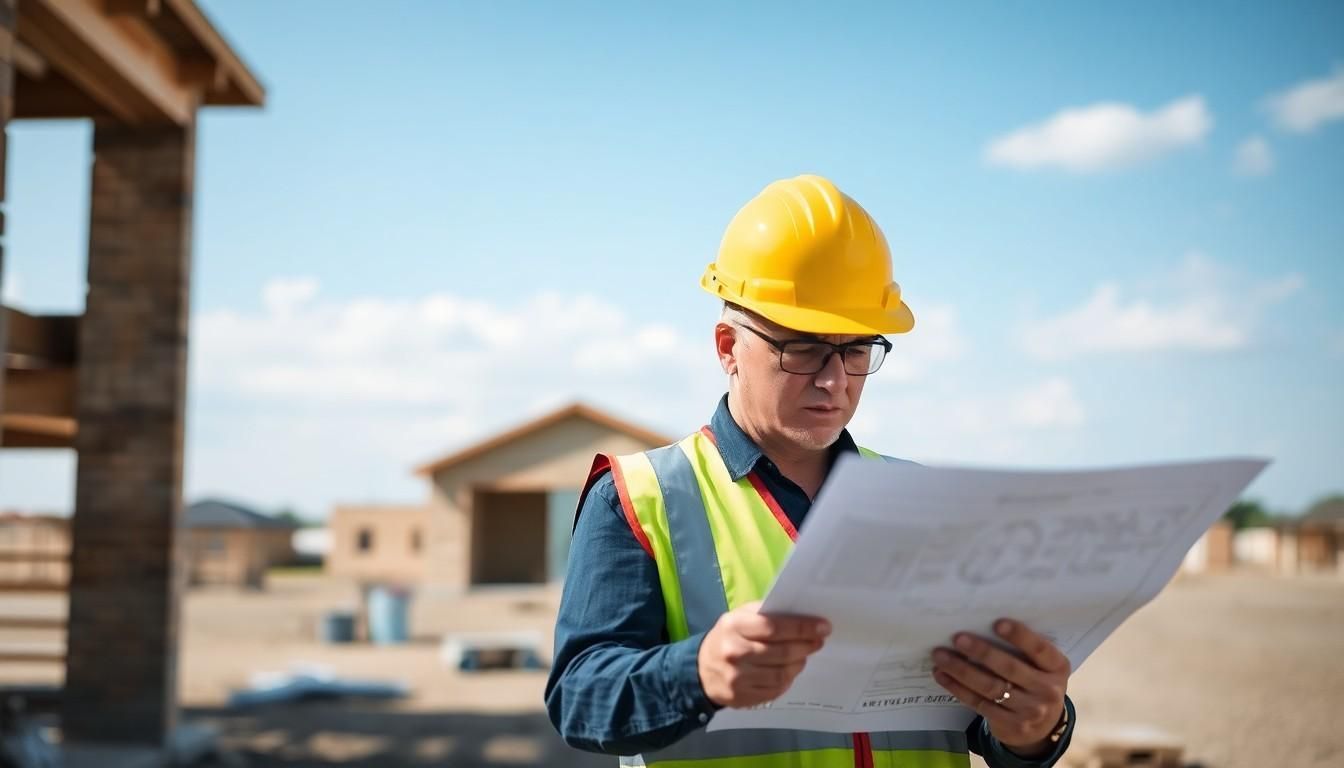
End-to-End Integration Through Tech and Process
"Multi-service property maintenance companies are meeting evolving client needs by integrating technology, standardized processes, and proactive communication. Reliability is enhanced through scheduling software, GPS tracking, and real-time updates, ensuring timely service. Quality assurance is maintained with staff training, checklists, and post-service inspections, while customer feedback drives continuous improvement."
"Proactive communication via CRM systems, automated reminders, and multi-channel updates keeps clients informed. Tailored solutions for residential and commercial clients, along with transparent pricing and detailed service reports, build trust. These strategies ensure consistent, high-quality service and long-term client satisfaction."
Streamlined Systems Improve Reliability, Quality, and Speed
"Multi-service property maintenance companies are effectively integrating reliability, quality assurance, and customer communication by leveraging technology and streamlined processes."
Reliability:
"They use scheduling and tracking software to ensure timely service delivery and minimize delays. Predictive maintenance tools also help address issues before they escalate, enhancing dependability."
Quality Assurance:
"Regular training for technicians, standardized procedures, and post-service inspections ensure consistent, high-quality results. Many companies also collect customer feedback to continuously improve their services."
Customer Communication:
"Real-time updates through apps, email, or SMS keep clients informed about service timelines and progress. Dedicated customer support teams and online portals make it easy for clients to request services, track work, and resolve issues quickly."
"By combining these elements, property maintenance companies can adapt to the diverse and evolving needs of both residential and commercial clients, building trust and long-term relationships."

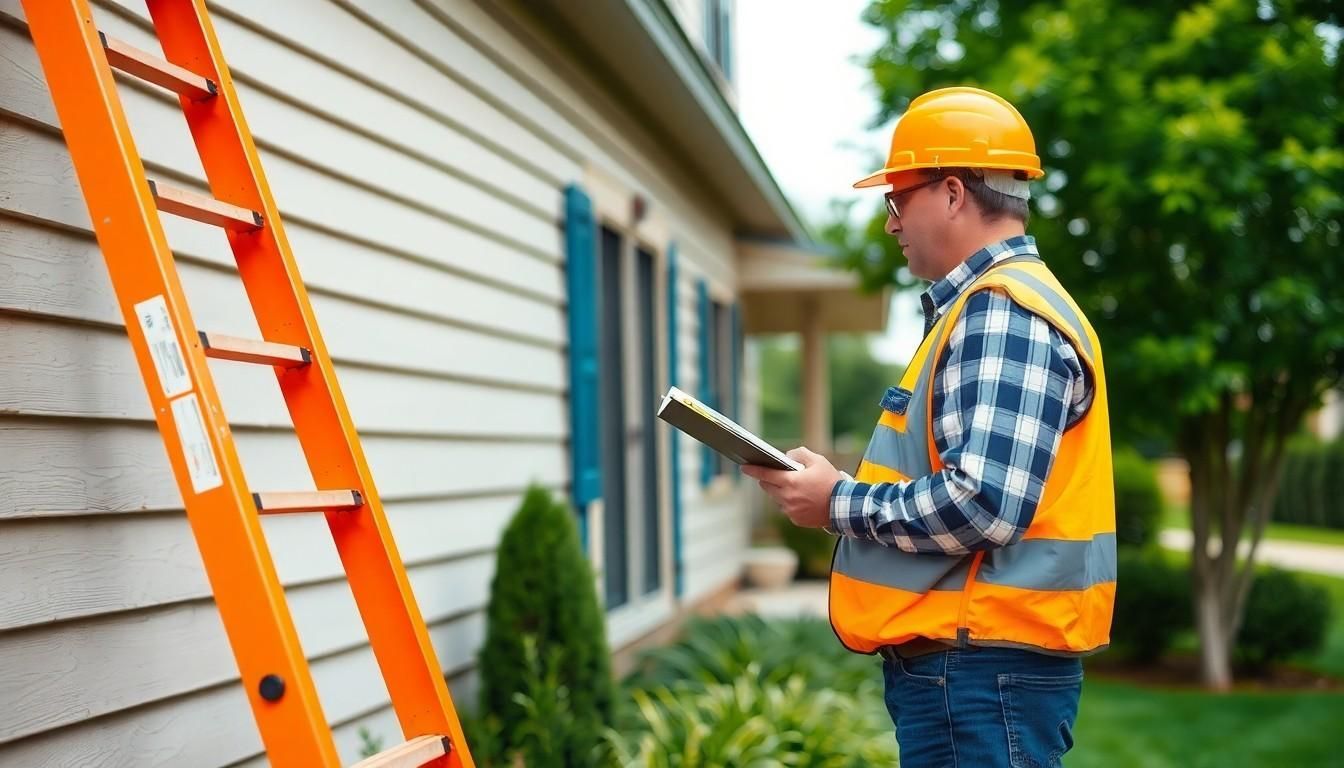
Centralized Platforms Create Accountability
"It's not just about fixing things anymore—it's about how it gets done. The companies doing it well are using a mix of tech and people-first thinking to stay reliable and responsive. A lot of them now rely on centralized maintenance platforms that track jobs in real-time, which helps avoid those 'Did they even show up?' moments. I've seen systems send updates automatically, even with photos or technician notes, which keeps everyone in the loop."
"A missed repair or poor communication can snowball into bigger issues, so companies are tightening up their internal processes to avoid that. Think checklists, post-job reports, and client feedback loops."
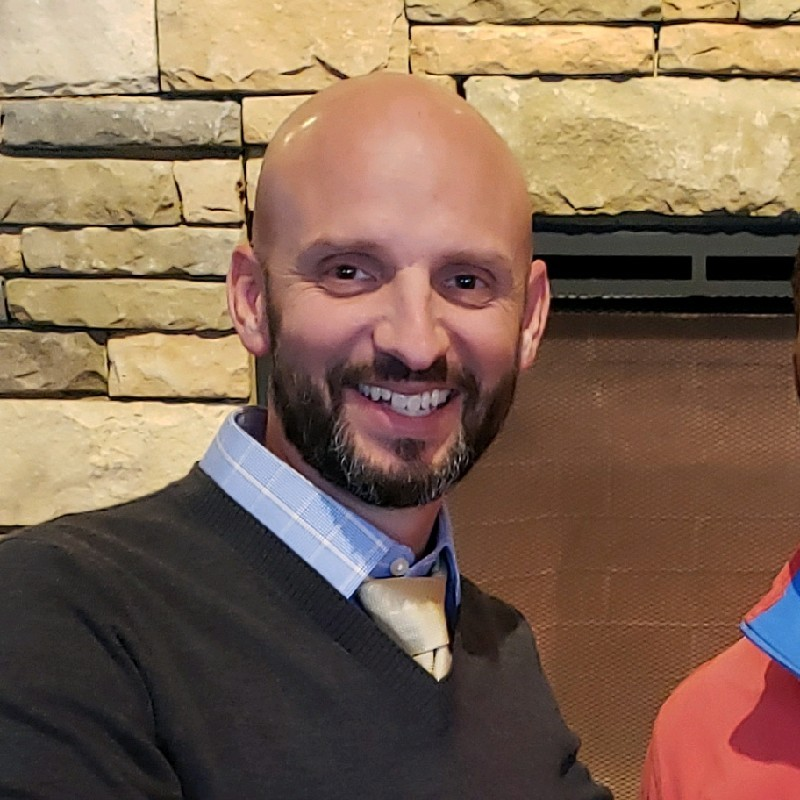
Chris Conlee,
Trust Comes from a Balanced Strategy
"In the world of multi-service property maintenance, the most effective companies aren't just fixing things—they're building trust. And that trust comes from three interconnected pillars: reliability, quality assurance, and clear, proactive communication. You can't afford to drop the ball on any of them, especially as client expectations continue to rise on both the residential and commercial fronts."
Why Systems and Communication Matter for Property Maintenance
Modern property maintenance is about more than quick repairs, it is about building lasting trust through dependable systems and clear communication. The best companies rely on tech tools to track jobs and keep everyone informed. They use checklists, photos, and real-time updates to prove quality every step of the way. Centralized platforms and CRM systems ensure nothing slips through the cracks. Strong processes combined with honest follow-through turn one-time fixes into loyal, long-term relationships. In the end, that commitment is what sets great property maintenance apart.
Final Takeaway
The most trusted property maintenance companies don’t just get the job done, they create an experience built on consistent communication, proven quality, and real-time visibility. As competition grows, it’s the firms that treat service as a system not a reaction, that rise to the top. Smart tech, clear processes, and responsive teams help build trust that keeps clients coming back and recommending their work. In the end, trust is earned through showing up, solving problems, and proving it every single time.







